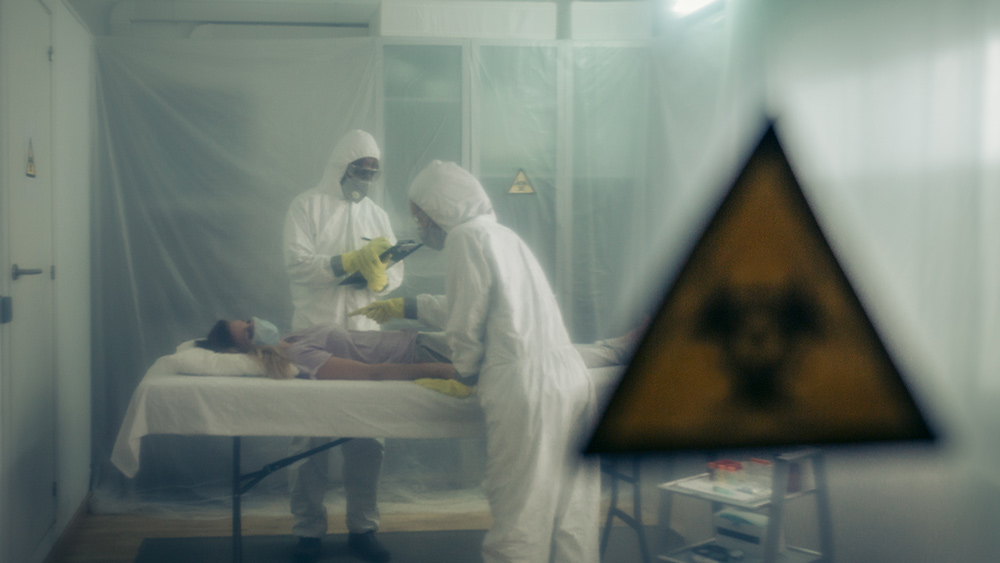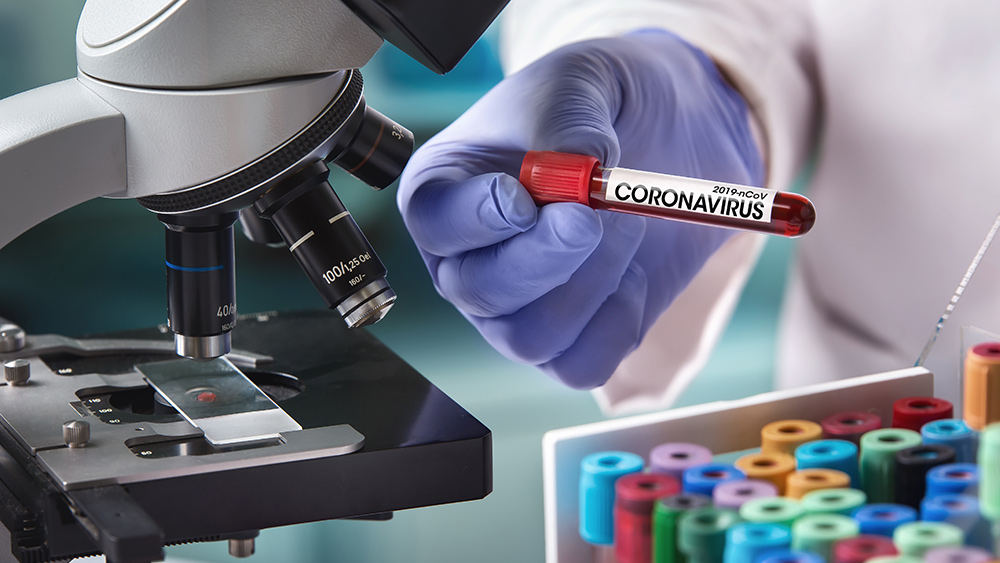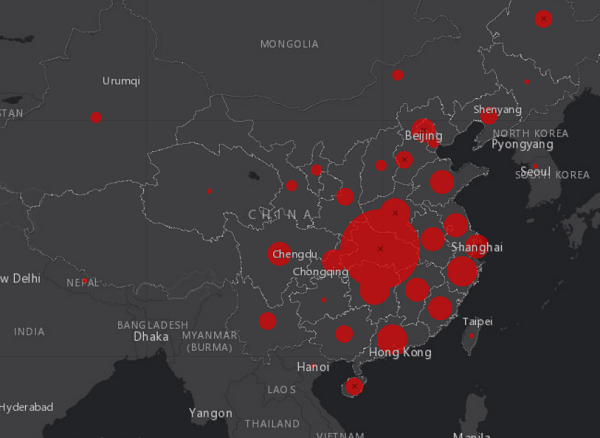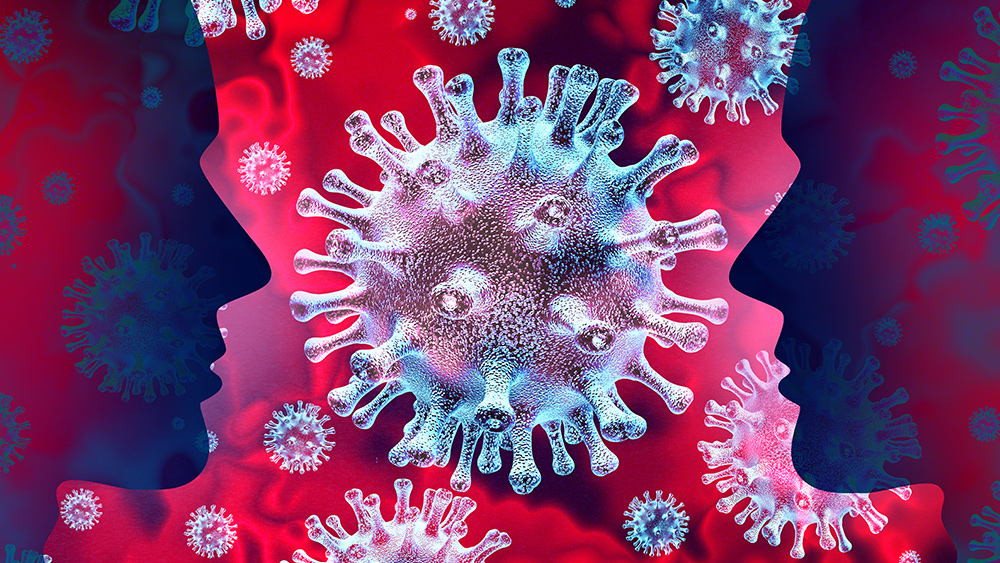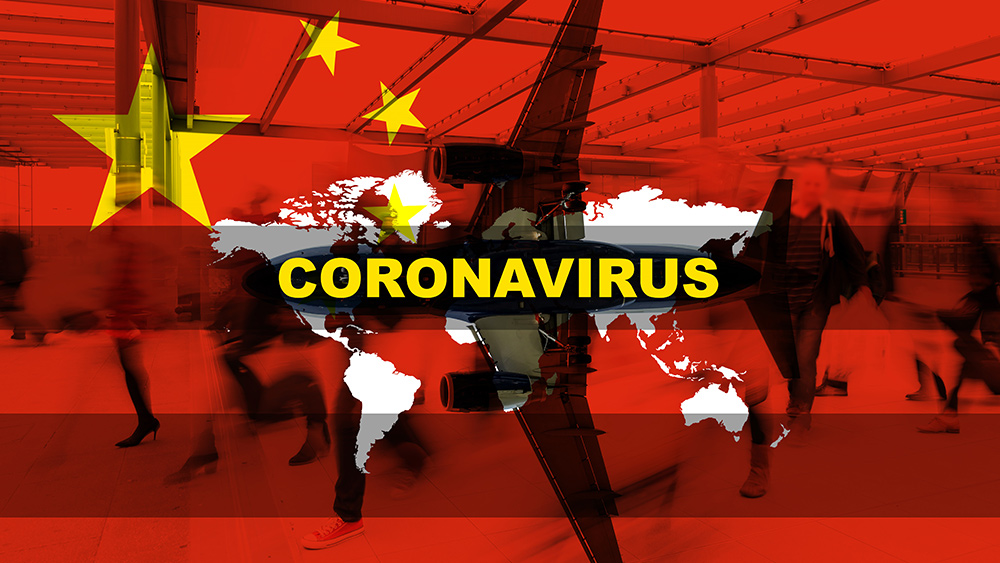TCM formula makes cancer cells more susceptible to drug therapy
01/27/2020 / By Evangelyn Rodriguez

Gastric cancer, also known as stomach cancer, is the fourth most common cancer in men and the seventh most common cancer in women. This disease is characterized by the formation of malignant cancer cells along the stomach lining. This type of cancer cells has the ability to spread to other parts of the stomach. Although there risk factors for gastric cancer are many, age seems to have the biggest influence on the risk of dying from this cancer.
Cisplatin is a chemotherapy drug often used to treat advanced gastric cancer. However, gastric cancer cells can develop a resistance to this drug, causing treatment to fail. In a new study published in the Chinese Journal of Natural Medicines, researchers from Shanghai University of Traditional Chinese Medicine evaluated the potential of an herbal formula known for its anti-cancer activities. They found that zuo jin wan (ZJW) can aid in cancer treatment by helping restore the sensitivity of otherwise resistant gastric cancer cells to cisplatin.
ZJW in traditional Chinese medicine
The traditional Chinese medicine (TCM) formula zuo jin wan is composed of the rhizome of Coptis chinensis (Chinese goldthread) and the fruits of Evodia rutaecarpa (evodia) in a 6:1 ratio. According to studies, C. chinensis, the main component of ZJW, has the ability to reverse multi-drug resistance (MDR) in cancer cells. On the other hand, E. rutaecarpa, also known as Tetradium ruticarpum, can induce apotosis in some cancer cells, such human melanoma cells, hepatocellular carcinoma cells and human colorectal carcinoma cells.
In TCM, ZJW is used to treat stomach-related conditions, such as acute and chronic gastritis, peptic ulcer, indigestion, esophageal reflux and gastralgia, among others. It is also used to address fever, hypertension, hepatitis, allergic colitis and Helicobacter pylori infection. (Related: Honey and black cumin found to treat H. Pylori patients.)
ZJW is an excellent complementary medicine to modern chemotherapy
Treatment failure due to chemo-resistance is common in human gastric cancer cases. Hence scientists are currently searching for potential drugs that can help re-sensitize these cells to drugs like cisplatin.
In the present study, researchers investigated the effects of the traditional Chinese herbal formula ZJW on gastric cancer cells. They also aimed to elucidate the mechanism underlying its anti-cancer activities.
In their previous study, the researchers showed that ZJW can increase mitochondrial apoptosis in gastric cancer cells by promoting the translocation of cofilin-1. Cofilin-1 is protein that plays an important role in the development of MDR by cancer cells. The researchers found that mitochondrial translocation of cofilin-1 subsequently leads to the activation of the mitochondrial apoptosis pathway.
To continue their evaluation of ZJW, the researchers constructed a gastric cancer cell model using samples derived from patients. They used different techniques, such as immunofluorescent staining, Western blot, Cell Counting Kit-8 (CCK-8) and flow cytometry to identify cancer cells, detect protein expression, evaluate cell proliferation and assess cell apoptosis, respectively.
The researchers reported that ZJW inhibited proliferation and induced apoptosis in primary cisplatin-resistant gastric cancer cells. They found that apoptosis was mediated by induction of cofilin-1 mitochondrial translocation, followed by down-regulation of Bcl-2, a regulator of cell death and up-regulation of Bax, an activator of apoptosis.
The researchers also found that cisplatin-resistant gastric cancer cells had higher levels of the AKT protein than cisplatin-sensitive gastric cancer cells. Activation of AKT, which is important for cell proliferation and survival, could attenuate ZJW-induced sensitivity to cisplatin. Taken together, these results suggest that ZJW can increase the chemosensitivity of cisplatin-resistant primary gastric cancer cells by inducing mitochondrial apoptosis and AKT inactivation.
Based on these findings, the researchers concluded that combining chemotherapy with ZJW is an effective therapeutic strategy for patients with chemo-resistant gastric cancer cells.
Sources include:
Tagged Under: cancer tumors, chemo, Chinese medicine, cisplatin, herbal medicine, Herbs, Oncology, remedies, research, zuo jin wan

